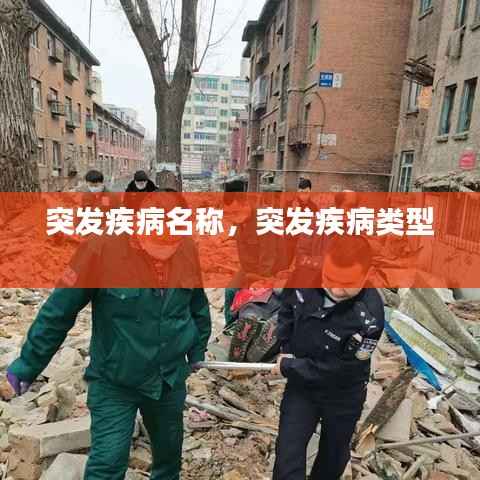<!DOCTYPE html>
Understanding and Managing [突发疾病名称]Introduction to [突发疾病名称]
[突发疾病名称],也被称为[另一种常见名称],是一种常见的医疗紧急情况。这种疾病通常表现为[描述主要症状],可能会对患者的生命造成严重威胁。了解这种疾病的特点、症状和治疗方法对于及时诊断和治疗至关重要。
Causes and Risk Factors
The exact cause of [突发疾病名称] is often unknown, but it is believed to be triggered by a combination of genetic, environmental, and lifestyle factors. Some of the common risk factors include:
- Family history of the disease
- Underlying health conditions such as hypertension, diabetes, or heart disease
- Age, particularly over 65 years
- Sex, with a higher prevalence in men
- Smoking, excessive alcohol consumption, and obesity
Identifying these risk factors can help in early detection and prevention of [突发疾病名称].
Signs and Symptoms
The symptoms of [突发疾病名称] can vary widely among individuals, but some common signs include:
- Severe headache, often described as a "thunderclap" headache
- Sudden vision changes, such as double vision or blurred vision
- Confusion, difficulty speaking, or trouble understanding speech
- Sudden numbness or weakness on one side of the body
- Severe difficulty in walking, dizziness, or loss of balance
- Severe nausea, vomiting, or unexplained hiccups
- Loss of consciousness or fainting
It is crucial to seek immediate medical attention if any of these symptoms occur, as [突发疾病名称] can progress rapidly and lead to serious complications.
Diagnosis
Diagnosing [突发疾病名称] usually involves a combination of medical history, physical examination, and diagnostic tests. These may include:
- Neurological examination to assess brain function
- Imaging studies such as CT scans or MRI to look for brain abnormalities
- Blood tests to check for certain blood clots or other abnormalities
- EEG (electroencephalogram) to measure brain activity
Early diagnosis is critical in managing [突发疾病名称] effectively.
Treatment Options
The treatment for [突发疾病名称] depends on the severity of the condition and the underlying cause. Some common treatment options include:
- Medications to control blood pressure and prevent blood clots
- Anticonvulsants to prevent seizures
- Thrombolytic therapy to dissolve blood clots in cases of ischemic stroke
- Surgery or other interventions to relieve pressure on the brain or remove blood clots
Recovery from [突发疾病名称] can vary widely, and some patients may require ongoing rehabilitation or therapy to regain lost function.
Prevention and Management
Preventing [突发疾病名称] involves managing risk factors and adopting a healthy lifestyle. Here are some tips:
- Control high blood pressure, cholesterol, and diabetes through medication and lifestyle changes
- Stop smoking and limit alcohol consumption
- Engage in regular physical activity
转载请注明来自眉山市东坡区麦冬冬商行,本文标题:《突发疾病名称,突发疾病类型 》















 蜀ICP备2022005971号-1
蜀ICP备2022005971号-1
还没有评论,来说两句吧...